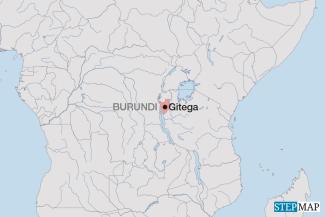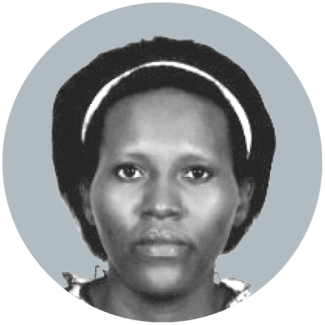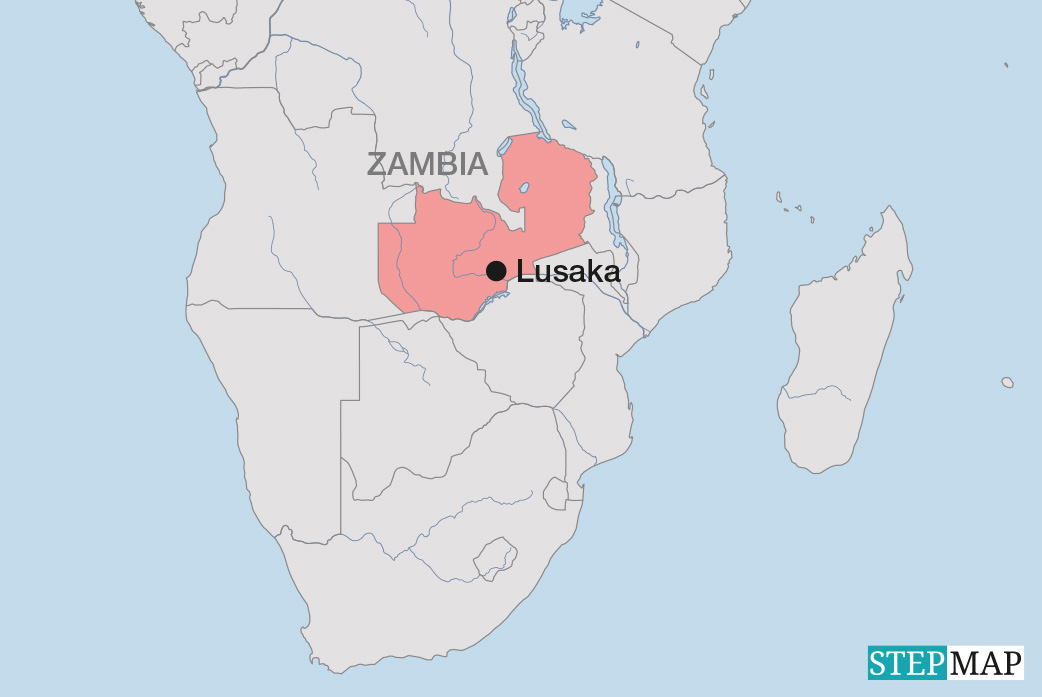Export commodity
Burundi tea farmers under pressure

Germaine and Pascal have been farming for years. They grow a variety of crops, but their mainstay is tea. The couple lives with their five children in Kayanza Province in the north of Burundi. For the last six years, they have taken their green tea leaves to the Rwegura tea factory for processing.
Pascal complains that it is hard to make a living from growing tea. “We can feed our children and send them to school, but the kilo price is still too low.” It has been increased twice in the last nine years and currently stands at 280 Burundi francs, translated into euros, that is 9.1 euro cents. It leaves Pascal struggling to make ends meet: “Our costs are higher than our income. The price has to be raised.”
In Mugamba, a rural commune in Bururi Province in the south of Burundi, 40-year-old grower Colette feels the same way. She is even considering giving up growing tea altogether because it is no longer profitable. “I would rather grow something else that I can harvest quickly and easily.”
Colette explains that there are various traders for tea. She and her neighbours sell to a state tea company, which provides them with subsidised fertilisers and other agricultural inputs. Private companies in the tea sector do not do that. Instead, they pay the farmers a higher price for their tea: 300 Burundi francs a kilo (9.7 euro cents). But Colette is tied to the state-owned company and feels “the state should support us better and increase the kilo price”.
Representatives of the tea workers’ union agree. They appreciate the support the state provides for tea growers but insist that the government must fulfil its promise to raise the price of leaf tea and coffee. The union’s president says: “We danced for joy when we heard that prices were going to be increased. But we are still waiting for it to happen.”
Burundian tea – like the country’s coffee – is highly valued on the international market. It is sold at auctions in Mombasa in Kenya. Over the years, however, the annual volume of tea that the country produces and exports has steadily declined. To promote tea growing, experts suggest expanding the area under cultivation, providing farmers with better training and raising the kilo price.
Mireille Kanyange is a journalist at Radio Isanganiro in Burundi.
mika.kanyange@gmail.com














